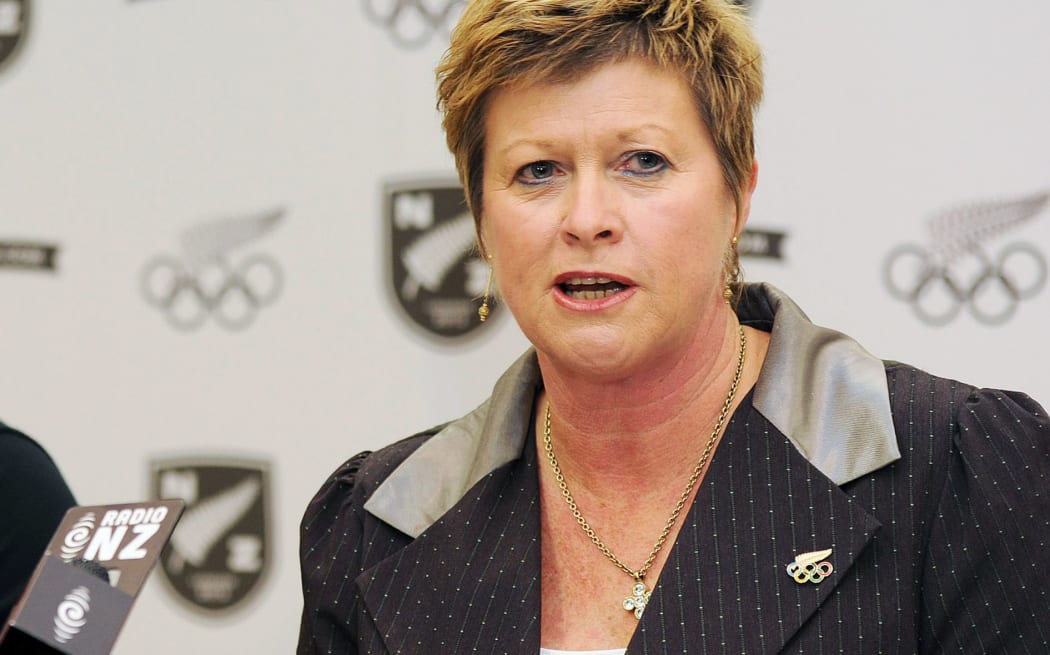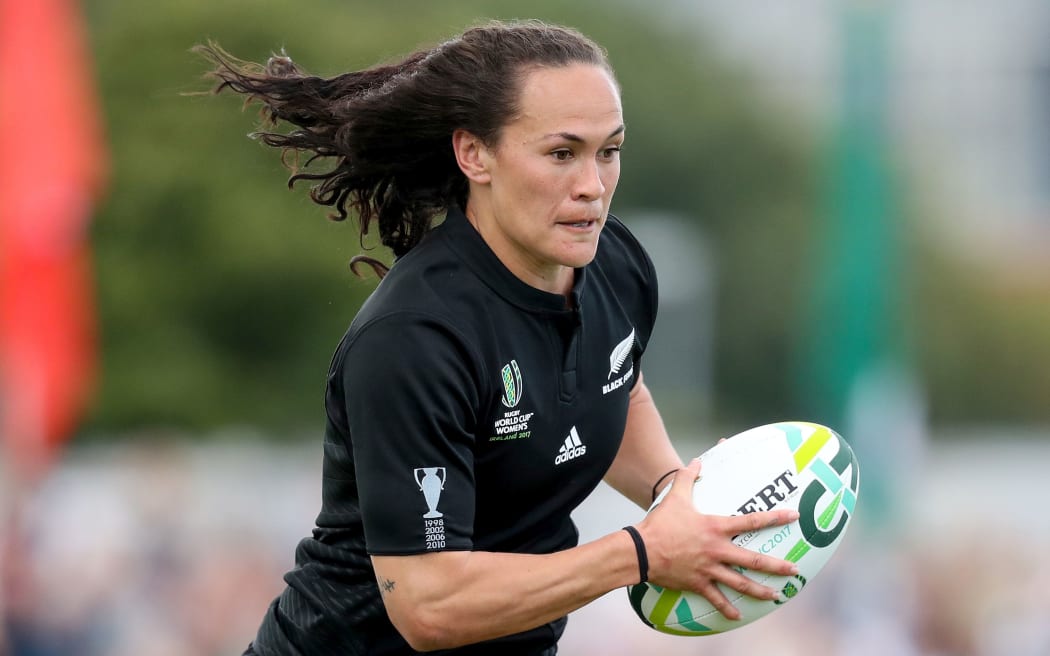New Zealand sportswomen are going from strength to strength – but do they get enough support? Bridget Tunnicliffe leads a discussion.

NZOC chief executive Kereyn Smith. Photo: Photosport
New Zealand Olympic Committee chief executive Kereyn Smith believes there is a growing interest in elite women's sport, but said the media had been slow to respond.
"My sense of it is that there's a real momentum building ... and I think it's around valuing it, appreciating it, that's in terms of watching it and also for payment and I think there's a big call for equality.
"What we saw in the lead-up to Rio and what we're seeing now is that women and girls follow social media more than men and boys because women are getting what they want from the source, so I think traditional media is going to have to really move because otherwise people will find what they want to find in alternate ways. But not withstanding I think the mainstream media has a role to play in fairly and accurately describing athletic performance."
Eleven of the 18 medals New Zealand won at 2016's Rio Olympics went to women across six disciplines including rugby sevens, in the Games for the first time.
It was just the second time the country has had a majority-female medal count, but that was not necessarily translating at the grass roots level. Sport New Zealand surveys have shown that in the 16-year period to 2014, 6.4 percent fewer women participated in sport and active recreation.
Smith said one of the challenges for sport leaders was to think about the positive way they could portray successful female athletes.
"When you're talking about young girls dropping out of sport, so many of their role models and people they look up to are overseas pop stars and the like, and that's who they follow on social media en masse ... there's a lot of work to be done."
Smith said participation in sport and recreation was vitally important for a healthy society.
"I think what young people face today - around mental health and well-being and all of those elements - sport and physical activity is actually fundamental to a quality life.
"I think we do have to be concerned about young people spending a lot of time on devices and now we've got E-gaming, esports. I mean a lot of that stuff to me is - while I appreciate it's really good mentally - I think it's a little bit of a play on the credibility of sport and I certainly think we need to be taking action."
Smith said the recent success of New Zealand women on the world stage was partly the result of having a lot more opportunities.

Kereyn Smith would like to see athletes like Black Ferns player Portia Woodman become the role models of choice for young New Zealand girls. Photo: Photosport
"It's not unusual now in secondary schools for there to be 20 to 25 sports on offer and as a consequence of that you get a lot of disbursement and people becoming quite multi-talented and multi-skilled.
"You have an agency like High Performance Sport that is now funding on results, not on gender or any other selection method other than a very objective one, and women are performing well and the consequence of that is they're getting more money and they're then able to be involved in more professional programmes. And that manifested in Rio."
She said sports bodies were realising their futures were dependent upon being sustainable organisations and opening themselves up to all possible members.
"Be it women, Pasifika ... and if New Zealand sports don't respond to that they'll find themselves extinct, so it is here and now.
"We need more women leading on and off the field of play for us as a country to achieve our potential ... our coaches have to be as good as anyone in the world for us to give our athletes a fighting chance."
Smith said the transition for female athletes at the end of their careers was often more difficult than for men, with Olympic sailing medal winners Jo Alley and Polly Powrie finding the next step difficult compared to many of the male sailors who moved to America's Cup or international racing. She said a country of New Zealand's size couldn't afford to become complacent.
"I think we're always vulnerable as a country for sustained success because of our size. To continue to have success and grow the results we're dependent on government to keep investing. We're also dependent on our sports leaders and our coaching quality so all of those things are a constant work in progress."
Outspoken is a series in which RNZ's experienced correspondents host debates on some of the top issues of the year - and the year ahead. Listen to episodes here.


